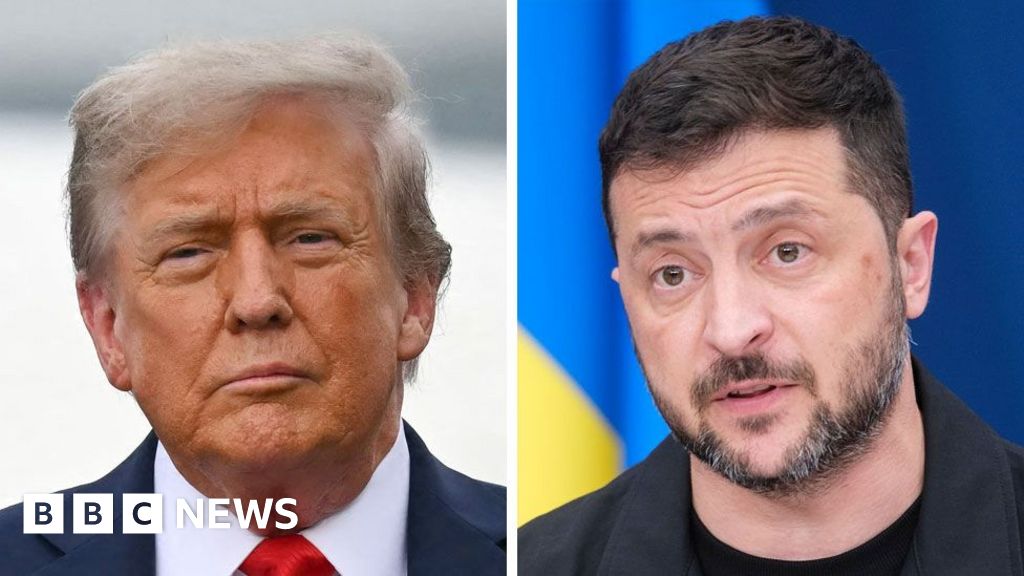
The ongoing conflict in Ukraine continues to shape international diplomacy, with eyes now fixed on critical negotiations taking place at the White House. What began as a discussion between former U.S. President Donald Trump and Ukrainian President Volodymyr Zelensky has transformed into a high-stakes summit involving leaders from the UK, France, Germany, Italy, Finland, the EU, and NATO. This rare gathering underscores the immense significance of these talks and the complexities that underline them.
What’s at Stake in These Negotiations?
The conflict, now in its third year, has resulted in significant geopolitical and humanitarian consequences. The stakes are particularly high, with growing tensions over U.S. policy shifts that could favor Russia. At the heart of the discussion are critical questions about territorial concessions, NATO membership for Ukraine, and U.S.-led security guarantees that could prevent further Russian aggression.
Zelensky’s Position: Navigating an Uneven Playing Field
President Zelensky finds himself in a precarious position. Losing territory, such as the Donetsk and Luhansk regions, is a tough pill for Ukraine to swallow, especially as thousands of Ukrainian soldiers have sacrificed their lives defending this land since 2022. Conceding to such demands without robust security assurances is a difficult compromise, leaving Zelensky to walk a fine line between maintaining his country’s sovereignty and seeking an expeditious resolution to the war.
Zelensky’s hope of NATO membership seems increasingly unlikely, as Trump has publicly ruled this out. As alternatives, the focus turns to U.S. commitments for NATO-style security guarantees. However, specifics of these guarantees remain unclear, further complicating Ukraine’s position.
The U.S. Agenda: Trump and Shifting Policies
Donald Trump’s approach to the negotiation highlights his focus on achieving a ‘deal’ over the actual terms of the agreement. His recent meeting with Russian President Vladimir Putin in Alaska has led to concerns that Russia may have influenced U.S. policy in its favor. Trump’s call for Ukraine to concede Crimea and abandon any NATO aspirations has raised alarms both in Kyiv and among European allies. While the U.S. envoy suggests the possibility of security guarantees for Europe, details remain vague at best.
Europe’s Concerns Over Sovereignty and Security
European leaders attending the talks aim to prevent any scenario that alters the continent’s sovereign borders through force. Their collective anxiety stems from unclear U.S. commitments and the potential precedent this could set for destabilizing neighboring countries. Maintaining unity, these leaders are likely to pressure the U.S. for concrete commitments that extend beyond general promises of deterrence against future Russian aggression.
What’s a Possible Outcome?
For Ukraine, a small victory would involve securing meaningful security assurances without sacrificing territorial integrity. On the other hand, Russia may count even vague U.S. statements as victories if they create friction between Ukraine and its allies, or shift the narrative toward Ukraine being responsible for ongoing conflict.
Conclusion: High-Stakes Diplomacy in Focus
The unprecedented inclusion of several world leaders at these White House negotiations showcases the global significance of this conflict. Decisions made here could reshape the trajectory of not only the Ukraine war but also international norms regarding sovereignty and security. As these talks unfold, the world waits to see if a clearer path to peace can emerge or if geopolitical divisions will deepen further.
If you’re interested in fostering personal resilience during unsettling geopolitical times, explore products like the Dr. Jones Calming Daily Moisturizer, a skincare solution designed to hydrate and calm the skin—because self-care remains vital, even in the most uncertain times.



